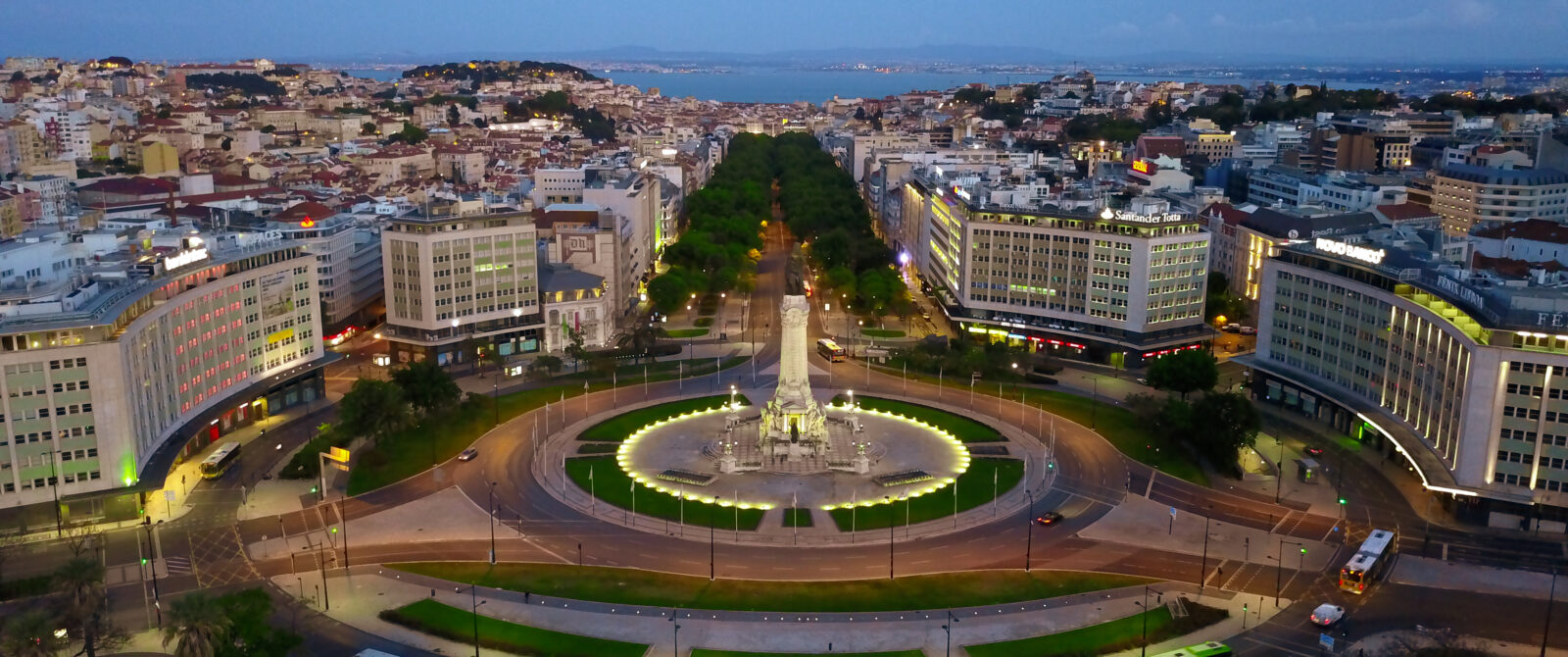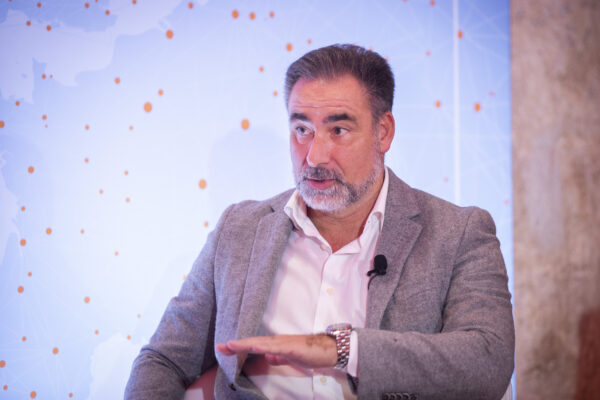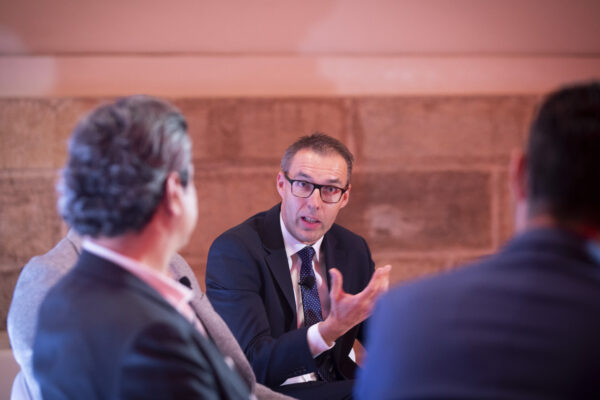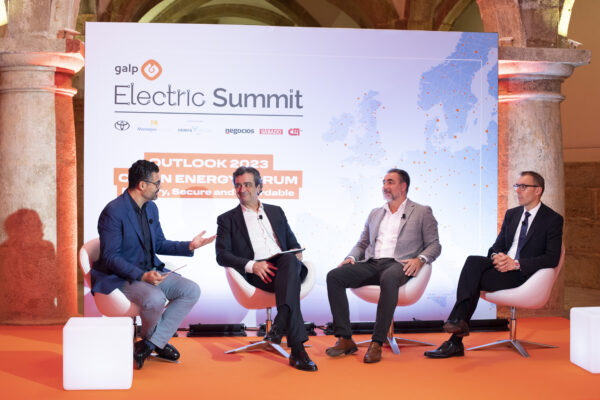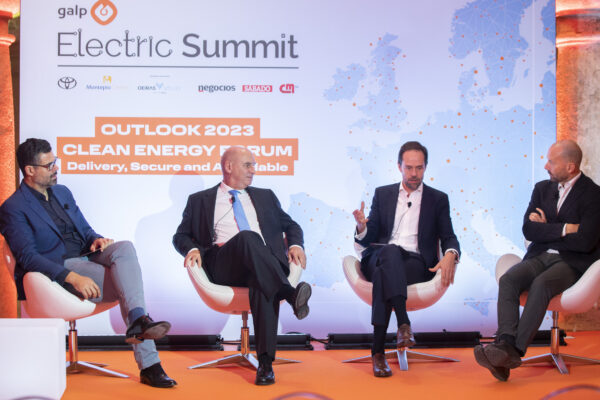The future lies in smart cities
We cannot achieve sustainable mobility unless we make out cities smarter. But what exactly are smart cities?
Not everything that is positive in terms of climate change – nor everything that’s bad – can be found in cities, but most of the world population can be. 55% of the world’s inhabitants are currently living in urban centres, and the United Nations (UN) estimates that this figure may be as high as 70% in 2050. India, China and Nigeria are just three countries with such high percentages, but the overall trend can also be observed in Portugal.
The Census for 2021 shows that rural areas continue to lose people to the major cities, with 50% of the Portuguese population now concentrated in just 31 boroughs (out of 308) and almost all in the Lisbon and Porto regions. This concentration impacts not only their residents’ quality of life but also the planet itself. Cities account for the majority of economic growth — 60% of global GDP, according to the OECD — and of course this brings with it the pollution which is a hallmark of urban centres, and which is responsible for over 75% of greenhouse gas emissions. This creates a paradox which has been hard to shake off: the same cities which are the best, and often the only option for people’s professional lives, are those where life (and mobility) may become unsustainable.
Policy-makers are increasingly aware of being at this crossroads. “Sustainable Mobility seems like a simple phrase, but as experience has shown, it’s much more complex than it seems at first glance. As we all know, mobility and transport are an increasingly essential pillar in our lives. And making sure this mobility is sustainable and accessible to all citizens is an even greater challenge. Citizens are only free if the State enables them to get to work on time, drop the children off at school on time and get to a hospital in time to be given the right treatment.” So said Jorge Delgado, the Secretary of State for Urban Mobility, during the “New Mobility in the Metropolitan Area of Lisbon” seminar.
Much more than technology
The solution entails creating intelligent cities which are more environment and people-friendly. The so-called smart cities. Jorge Cristino, who wrote the book Cities’ Mission to Combat Climate Change, reinforces the idea that there can be no paradigm shift or changing of mentalities without the help and commitment of cities. According to Cristino, “We need local authorities to form a close relationship with communities so that citizens can adopt new lifestyle and consumer habits, and it is through local authorities that we can establish a relationship of commitment with central governments and international organisations.” Nevertheless, we need to clear up some misconceptions. Smart cities are often reduced to the technological aspect. Just as the concept of a “green city” tends to be boiled down to just the number of trees or gardens. A smart city is so much more than that. The European Union defines it as a “series of systems and people interacting intelligently, using energy, materials, services and resources in a sustainable manner.” Cities where technology is handed over to local authority management in order to provide citizens with a better quality of life and ensure sustainable public spaces.
Deloitte sets trends
The pandemic may have helped bring some of the urban dramas to the fore — who doesn’t remember cities being almost deserted with no traffic, during lockdown? — but it also put the brakes on some of the changes being made. This situation led the consultancy firm Deloitte to recommend cities adopt 12 “measures” which they should use as a guide to rebuilding themselves, using technology and post-pandemic innovation as tools. An international study entitled “Urban Future with a Purpose: 12 trends shaping the future of cities by 2030”, was coordinated by Deloitte’s Portuguese arm, drawing from interviews with experts in various different fields, including city leaders from all over the world, heads of international organisations and public policy, urban development and research institutions. The Portuguese municipalities involved include Porto and Cascais.
12 recommendations by Deloitte
- Green planning of public spaces. Planning and designing cities for people, with “green” streets and public spaces as new centres of social life;
- 15-minute cities. Designing residential districts where most amenities are within a 15-minute walking or cycling distance;
- Inclusive services and planning. Ensuring local governments seek inclusive approaches and services, guaranteeing participation, access to housing and equal opportunities for all citizens;
- Smart health communities. Developing health care ecosystems that are not only focused on diagnosing and treating sickness, but also on supporting well-being through early intervention and prevention;
- Mobility: intelligent, sustainable and as-a-service. Creating more walking and cycling spaces, to provide digital, clean, intelligent, autonomous and intermodal mobility;
- Digital innovation ecosystems. Attracting talent, stimulating creativity and disruptive thinking, to develop the city through innovation ecosystems;
- Circular economy and local production. Adopting circular models based on healthy circulation of resources and principles of sharing, re-use and restoration;
- Mass participation. Promoting mass participation with collaboration by all citizens (academies, companies, associations);
- Cybersecurity and privacy awareness. Forming robust cybersecurity policies and strategies to deal with increasing risks of cyberattacks and privacy issues;
- Smart and sustainable buildings and infrastructures. Leveraging digital technologies to use data to optimise energy consumption and the use of resources in buildings and infrastructures;
- Artificial intelligence applied to city operations. Using artificial intelligence and technical infrastructures to improve automated operations, resolve problems and provide better services;
- Artificial intelligence applied to surveillance and predictive policing. Deploying technology to ensure public safety and security while safeguarding privacy and fundamental human rights.


